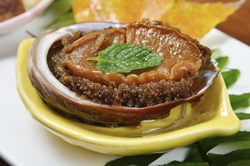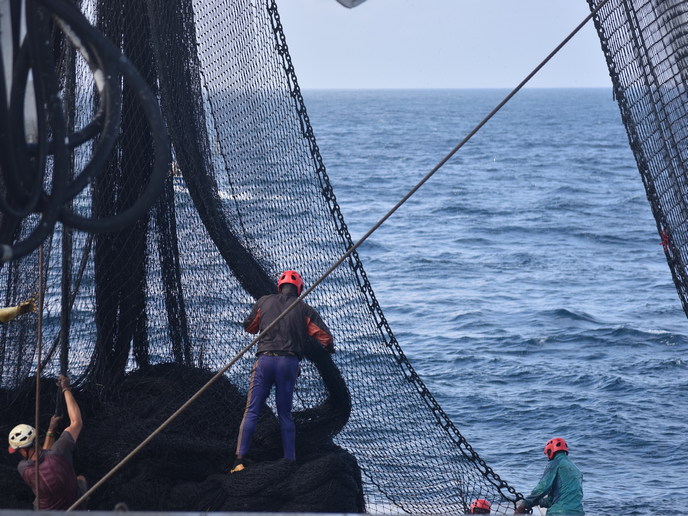Sustainable abalone aquaculture in Europe
The EU-funded 'Sustainable development of European SMEs engaged in abalone aquaculture' (SUDEVAB)(opens in new window) project made significant inroads into developing sustainable abalone aquaculture in Europe. SUDEVAB members addressed several issues such as the lack of reasonably priced juveniles, technological problems and legislation in order to increase production and competitiveness. Genetic analysis was carried out to catalogue abalone populations of the speciesHaliotis tuberculata, prevent in-breeding, and assess their growth potential and disease resistance. Besides H. tuberculata genotyping, high-resolution DNA melting analysis in combination with quantitative polymerase chain reaction proved to be useful for identifying resistant populations. This has enabled the development of a genetic marker-assisted selection programme to optimise future breeding programmes and increase productivity. Methods were developed to identify pathogens and parasites as well as assess health status of farmed abalone stock. The bacterium Vibrio harveyi was found to be particularly deadly for H. tuberculata. The Sabellid worms increased infection and parasite risks in tank-rearing conditions with mixed shellfish populations. To ensure optimal European abalone growth, natural seaweed resources were evaluated and suitable eco-artificial vegetable-based feed formulations were obtained. Intensive testing for contamination, hygiene and food safety confirmed that abalone consumption is accompanied by much lower risks compared to other shellfish. Finally, after an extensive economical and technical performance assessment of abalone farming systems, SUDEVAB developed and patented an economically sustainable energy-efficient on-growing system, the so-called Abblox. Legislation relevant to abalone culture was ratified and harmonised in EU Member States, encouraging trade and increasing competitiveness. Project outcomes were widely disseminated at workshops and international conferences, on TV food shows, and through publications, presentations and meetings with media members. Overall, SUDEVAB activities have increased the standing of European aquaculture in the global marketplace. The technologies and knowledge gained during this project will improve on economic returns for the participating SMEs as well as EU aquaculture industry.






